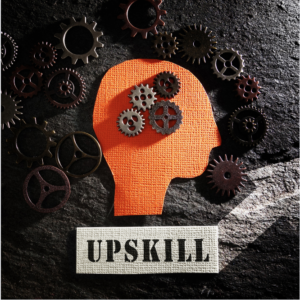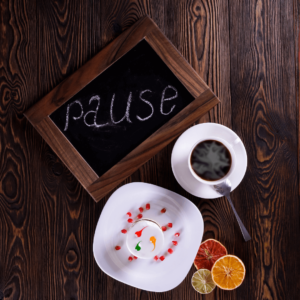Lawyers must learn to manage stress
Lawyers may be stressing themselves out of a profession, with many solicitors and barristers battling sky-high levels of depression, anxiety and other mental health issues.
The psychological distress starts at university with 35 per cent of law students suffering high to very high stress levels – 17 per cent higher than medical students and more than 20 per cent higher than the general population.
Senior law lecturer Rachael Field hopes the $100,000 teaching fellowship she was recently granted will help find ways to reduce stress levels for future generations of legal minds.
“When law students start at uni their mental health is the same as in the general population but by the end of the first year they are going downhill,” says Field, who lectures at the Queensland University of Technology.
“They are becoming depressed.”
Research from the Sydney-based Brain and Mind Research Institute found law students’ psychological distress was caused by the “competitive, isolating and adversarial learning environment” of law schools.
Similar findings have been revealed in American research where students reported law school as competitive, alienating and a place where they lost their self-confidence, motivation and passion for learning.
But things don’t get any better once lawyers move into practice, says Queensland Legal Services Commissioner John Briton.
“The prevalence of emotional distress among lawyers is one of the greatest ethical challenges facing the profession,” he says.
BMRI research, released late last year, found lawyers were four times more likely to suffer clinical depression than other professionals and one in three of them was likely to manage their symptoms with drugs and alcohol.
Briton says 2400 lawyers were involved in the BMRI research, with one in three solicitors and one in five barristers reporting depression.
He says more than one third of the 1000 complaints he receives each year relate to lawyers who are struggling to cope. Professional indemnity insurers report similar stories for negligence matters, he says.
“There’s lots of people who are stressed out,” Briton says.
“Things are not terrific at home and there’s too much work to do and they can’t have a holiday or get a locum, and their clients are complaining about them.”
It took Field just four months practising law as a junior solicitor for a medium-sized firm to realise she didn’t want it to be her career.
She’s since worked for the Litigation Reform Commission, the Queensland Government’s Alternative Dispute Resolution Branch and QUT, where she’s won several teaching and research awards.
Field hopes to use the Australian Learning and Teaching Council grant to change how and what is taught at law schools to better reflect practise.
“The reality is that law is not all adversarial and competitive and vicious and nasty,” she says.
“While case law is fundamental, litigation lawyers spend much of their time trying to keep their clients out of courts and engaging in negotiation and alternative dispute resolution processes.”
Field says the “priestly 11” core university subjects that are required for admission to practice as a lawyer should be amended to include alternative dispute resolution processes.
She will develop a model first-year unit based on ADR and non-adversarial legal practice.
“We need to introduce ADR to students right up front to give them a sense that their ideals of wanting to make a difference for clients and upholding the rule of law has a place.”
Briton says law schools also need to help students build the emotional skills and resilience they will need to survive as lawyers and provide more vocational guidance, advising those at risk to explore less adversarial legal careers or even other pathways altogether.
He says lawyers need to change their work cultures too.
The “tyranny” of meeting billable hours targets creates stress, competitiveness and dishonesty and allows a culture of bullying to breed, he says.
“The adversarial methodology is taught and encouraged as though it’s some superior way of thinking when it’s simply a tool that some lawyers use in a small number of circumstances in certain courts,” Briton says.



